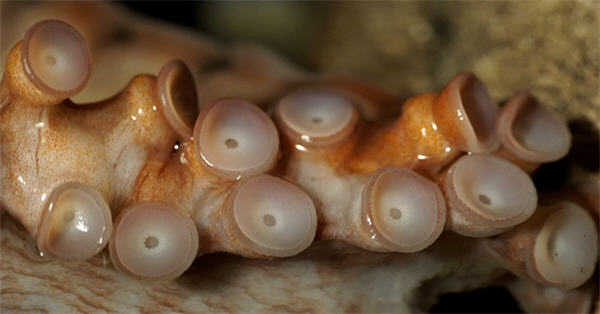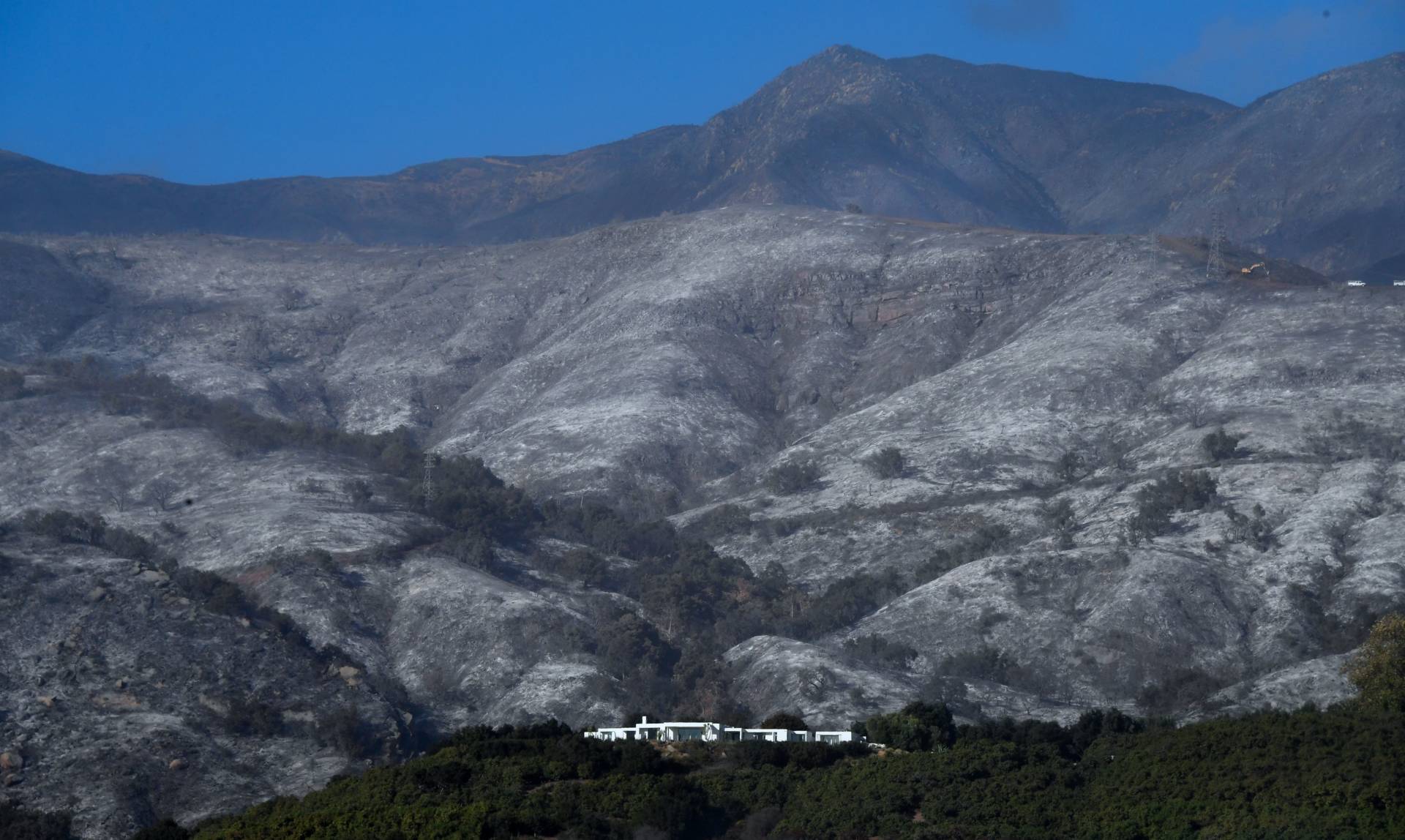FOR IMMEDIATE RELEASE
Contact: Sevda Eris, 415-553-2835, seris@kqed.org
Watch Deep Look's New Promo Video
February 8, 2017 San Francisco, CA — KQED’s award-winning YouTube science series, Deep Look, launches stunning new videos with a new host, KQED science radio reporter Lauren Sommer, February 14 on the PBS Digital Studios network. Deep Look’s videos, shot in ultra-HD (4K), use macro cinematography and video microscopy to explore big science concepts by going very small. Deep Look will release three-minute episodes, twice a month through December 2017. Deep Look currently has more than 230,000 subscribers on YouTube and more than 15.3 million views.
“Deep Look fans can continue to look forward to a ton of weirdly wonderful videos,” said Craig Rosa, Deep Look’s series producer. “We are also excited about our longtime colleague and new host, Lauren. She is a talented storyteller and award-winning science reporter who can make the most obscure science concept clear and entertaining. Her many accolades include winning a national 2014 Edward R. Murrow award for best use of sound in a feature about the dating life of elephant seals. I know we are in good hands with Lauren!”
Deep Look ’s first four videos investigate a range of quirky and bewildering stories.
• February 14: If Your Hands Could Smell, You’d Be an Octopus (Video preview link embargoed until 6am PST, Feb. 14.)
Those hundreds of powerful suckers on octopus arms do more than just stick. They actually smell and taste.
• February 28: Why Does Your Cat's Tongue Feel Like Sandpaper?
It's not vanity. For cats, using their specially designed tongues to stay clean is a matter of life and death.
• March 7: The Extraordinary Sex Lives of Ordinary Snails
Besides being hermaphrodites—all snails have complete male and female plumbing—they pierce each other with “love darts” as a kind of foreplay.
• March 21: Why are Fruit Flies Stars of Scientific Research?
Three quarters of the genes that can make us sick are also found in fruit flies, so for a century scientists have mined these unassuming insects to make key discoveries about human health.
Deep Look is produced by KQED’s award-winning science team and is presented in collaboration with PBS Digital Studios. Deep Look’s core production team also includes Gabriela Quirós, coordinating producer; Joshua Cassidy, lead producer and cinematographer; and Elliott Kennerson, producer and post-production coordinator. In addition, each episode is accompanied by an original musical score by talented composer and KALW alum Seth G. Samuel and is edited by award-winning filmmaker and motion graphic artist Kia Simon.

